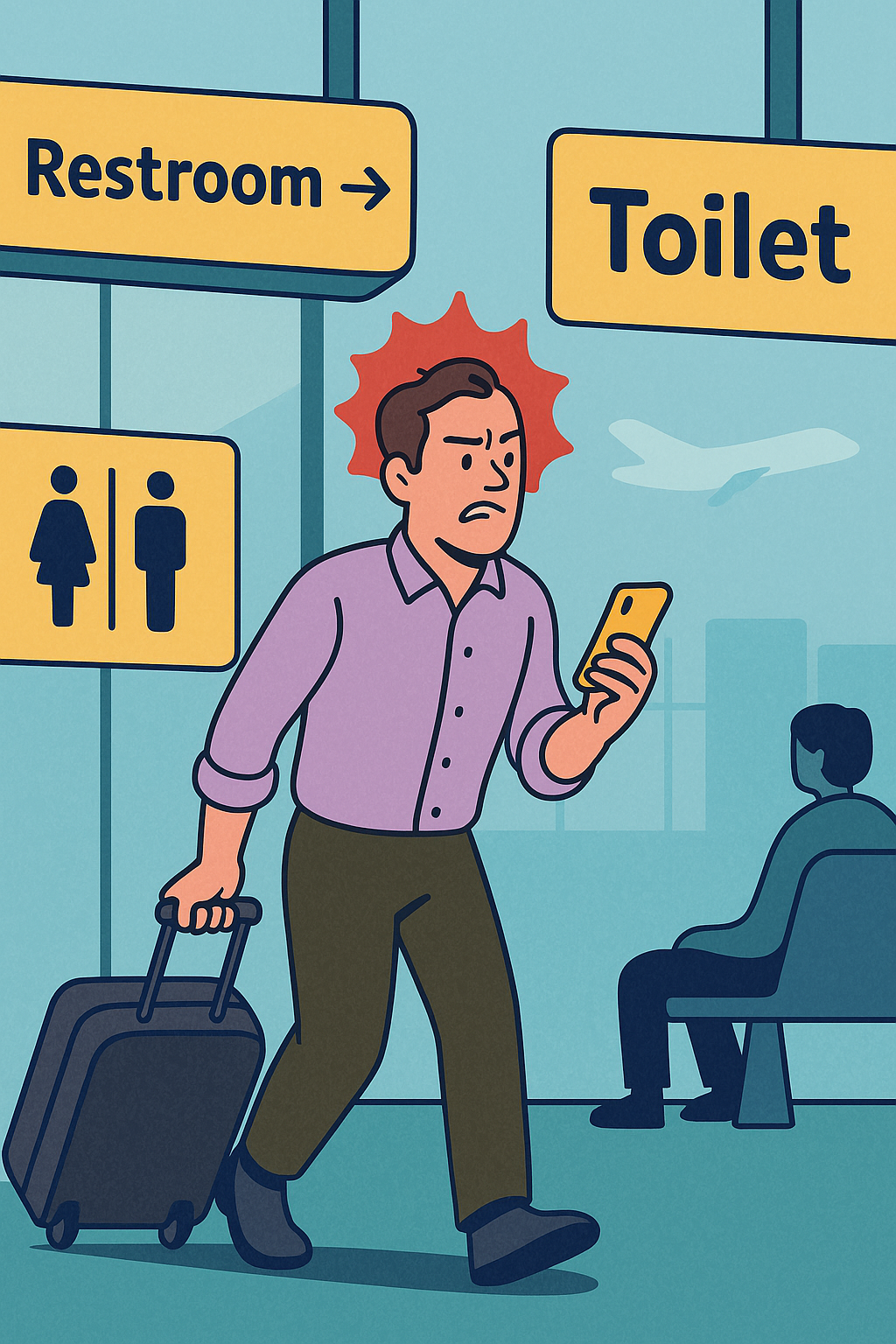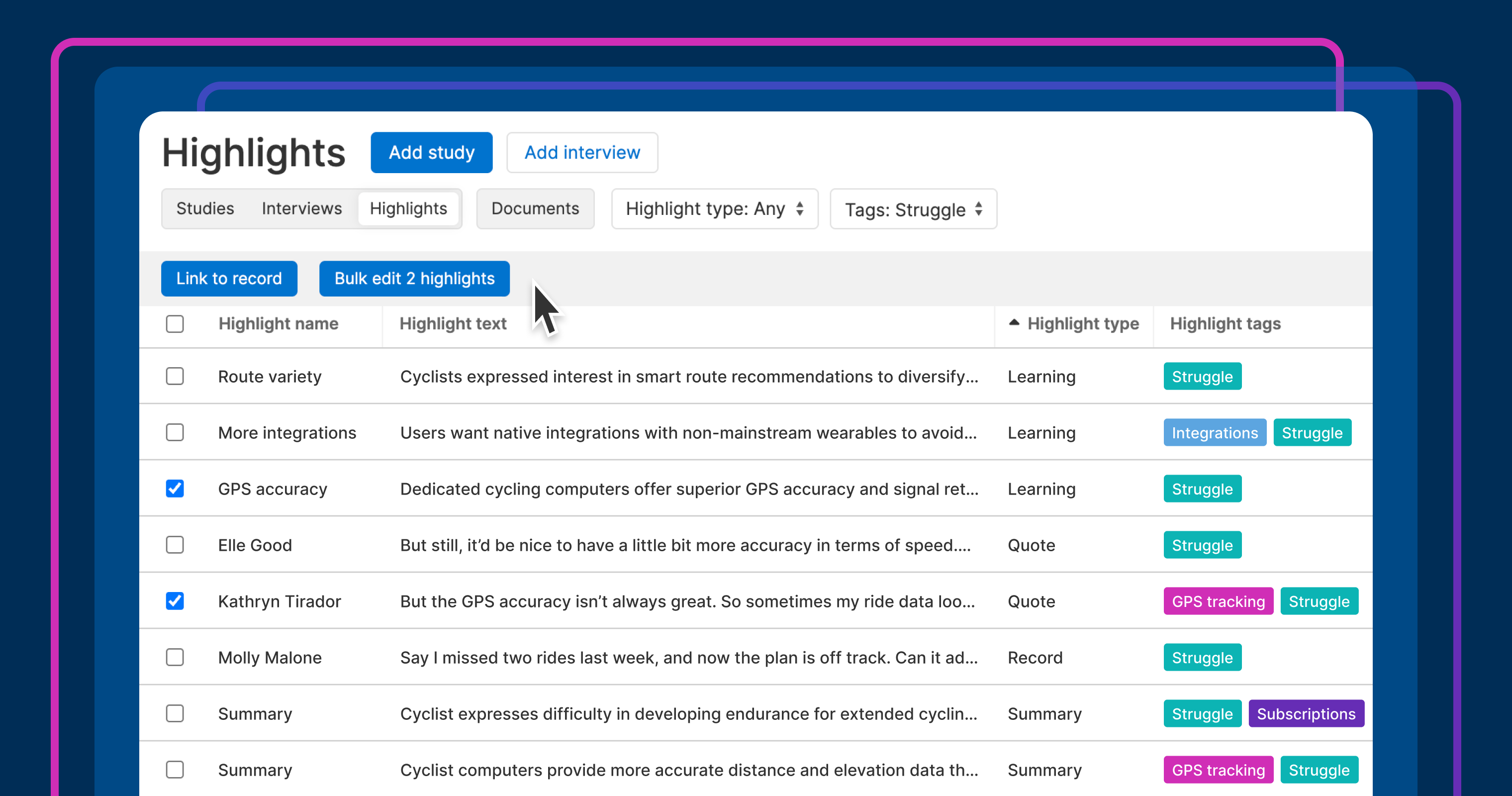Will Online Therapy Fit Your Life? Here’s How to Decide
Are you curious about remote individual therapy? Pros, cons, and tips for deciding if online treatment fits your needs and lifestyle

Will Online Therapy Fit Your Life? Here’s How to Decide
Have you been thinking about therapy but aren’t sure if remote individual therapy is the answer for you? Maybe you’re juggling work, studies, or family, and making it to a traditional therapist’s office feels impossible. Or perhaps you keep hearing about remote therapy in podcasts or seeing ads and wonder if it’s genuinely worth a try.
The truth is that the way we access mental health support has changed dramatically. Remote individual therapy is now more popular and accessible than ever before, giving people flexible options that didn’t exist a decade ago. But does that mean online sessions are the best choice for you? This comprehensive guide will explore the pros, cons, and key things to consider, helping you make an informed decision about your mental health support.
What Makes Remote Therapy Stand Out?
Convenience That Matches Your Routine
Think about your typical day. Between meetings, commutes, or family responsibilities, do you really have an extra hour to spare for travelling to a clinic? Remote therapy allows you to attend sessions from the comfort of your own home, car, or even during a walk in your favourite park (yes, some therapists offer phone-only sessions for precisely this reason). It’s not just about saving time. It’s about lowering the barriers that might otherwise stop you from getting the help you need.
Reaching You, Wherever You Are
Live in a rural area? Maybe you’re on the move for work or travel regularly. Online therapy bridges the gap, connecting you with licenced professionals no matter where you are. People with mobility issues or chronic illnesses say remote treatment has made a world of difference, as leaving the house is no longer an obstacle to accessing support.
Privacy and Comfort Go Hand in Hand
Have you ever felt nervous walking into a waiting room, worrying who you might see? With online sessions, you control the setting. Many people find it much easier to be honest and open about their challenges when they’re talking from a safe, familiar environment. Your living room becomes your safe space for growth and self-discovery.
Scheduling That Works for You
Juggling work, studies, or parenting? Many remote therapists offer evening or weekend slots. This flexibility means you can book sessions that fit your life instead of rearranging your entire day to suit someone else’s calendar.
What Should You Watch Out For?
Sometimes, Tech Just Doesn’t Cooperate
Dropped video calls, frozen screens, or poor audio disrupt the flow of a tough conversation. If your internet connection is unreliable, remote therapy can feel frustrating. It’s worth doing a test run before booking your first session.
Missing the Magic of Being in the Room
Therapeutic connection is powerful. For some, being physically present with a counsellor brings comfort and nuance that’s hard to replicate over a screen. You might feel that eye contact and body language don’t translate the same way. It’s okay to prefer the old-fashioned approach, especially if you value those subtle interactions.
Serious Situations Sometimes Need More Support
Remote therapy can be a fantastic tool, but it’s not always suited to everyone. If you’re experiencing severe distress, active suicidal thoughts, or complex mental health conditions, in-person or specialised crisis services may provide the safety net you need. Always cheque with a qualified professional if you’re unsure which kind of support is safest for your circumstances.
Protecting Your Privacy
Your personal stories and emotions deserve the utmost security. Not all online platforms are created equal. Always ask about the security features of any remote therapy service, and make sure you’re meeting in a private, secure space at your end, too.
What Should Influence Your Choice?
Get Honest About Your Preferences
Ask yourself, “Do I really feel comfortable sharing over a video call?” Be honest. Some people
thrive in the digital space. Others long for the subtle cues and safe energy of in-person sessions. There’s no right or wrong answer.
Consider What You’re Working Through
Are you looking for guidance navigating life’s day-to-day stresses, or are you tackling deep-rooted trauma, addiction, or crisis? The type of support you need can influence the best delivery mode. Lighter issues can often be managed well with remote therapy, while more complex circumstances might benefit from face-to-face care.
Digital Know-How
Do you struggle to join a Zoom call, or is your phone glued to your hand? Your comfort level with tech will shape how effective remote therapy feels. If you’re uneasy with digital platforms, maybe a hybrid or traditional approach will be less stressful.
Therapist Experience and Fit
Not every therapist is experienced in online counselling. Look for someone who understands the unique demands and etiquette of remote sessions. A great therapist will put you at ease, even through a screen.
How to Begin Your Remote Therapy Journey
Research the Best Providers for Your Needs
Start by searching for reputable remote therapy platforms or independent professionals with stellar reviews. Look for details about their credentials, specialisms, and client feedback. Services like BetterHelp, Talkspace, or accredited local providers are an excellent starting point.
Take the Tech for a Test Drive
Before your first real session, try the platform. Test your camera, microphone, and internet connection. Make sure the interface feels user-friendly. You don’t want to waste precious therapy minutes troubleshooting.
Design Your Sanctuary
Find a quiet, private area for your sessions. Use headphones for privacy and consider a calming ritual, like making a cup of tea or lighting a candle, to mark the transition. Remember, remote individual therapy is most effective when you feel safe and settled.
Set Meaningful Goals
Work with your therapist to clarify what you want from therapy. Maybe it’s sleeping better, managing anxiety, or improving relationships. Clear goals give both you and your therapist a roadmap for progress.
Deciding if Remote Individual Therapy Is Right For You
Weigh up the Pros and Cons
Take a moment with pen and paper to list what draws you to remote therapy and what holds you back. Then, weigh it all against your own needs and values.
Give It a Trial Run
If you’re genuinely curious, commit to three or four sessions before making a judgement. Notice how you feel in and after the sessions. Do you get what you need, or do you crave more face-to-face warmth?
Mix and Match Might Be the Answer
You don’t have to pick just one! Some people choose a blend of online and in-person sessions, which helps them stay connected to their therapist even while travelling or navigating busy weeks.
Prioritise Your Mental Health and Try the Support That Suits You
Finding the right therapy approach is personal. Remote individual therapy offers immense convenience, accessibility, and flexibility. But every individual and situation is unique. Take your time, try different modes, and ask questions until you find a rhythm that works.
Your mental health is as important as your physical health. Prioritise it, experiment, and don’t hesitate to seek help in whatever format helps you thrive.
Take control of your mental health today. Explore remote therapy or in-person sessions
and discover what best fits your lifestyle.
Frequently Asked Questions About Remote Individual Therapy
What exactly is remote individual therapy?
Remote individual therapy refers to professional counselling or psychotherapy delivered via online platforms. This includes sessions through video calls, phone calls, or messaging.
Is remote therapy as effective as in-person therapy?
Research shows that for many common concerns like anxiety, stress, or mild depression, remote therapy can be just as effective as traditional face-to-face sessions. Your level of comfort with technology and your relationship with your therapist play essential roles.
What equipment do I need for online therapy?
You’ll need a reliable internet connection, a computer, tablet, or smartphone with a camera and microphone, and a quiet, private space.
Can I access specialist services through remote therapy?
Yes, many therapists offer specialities such as relationship counselling, trauma-focused therapy, or cognitive behavioural therapy (CBT) remotely. Always cheque that the therapist is licenced and experienced in your area of need.
Is my privacy protected with online therapy?
Most reputable providers use secure, encrypted platforms. Always ask about privacy protection and ensure you’re taking steps to ensure privacy yourself.







































































































![Building A Digital PR Strategy: 10 Essential Steps for Beginners [With Examples]](https://buzzsumo.com/wp-content/uploads/2023/09/Building-A-Digital-PR-Strategy-10-Essential-Steps-for-Beginners-With-Examples-bblog-masthead.jpg)












































